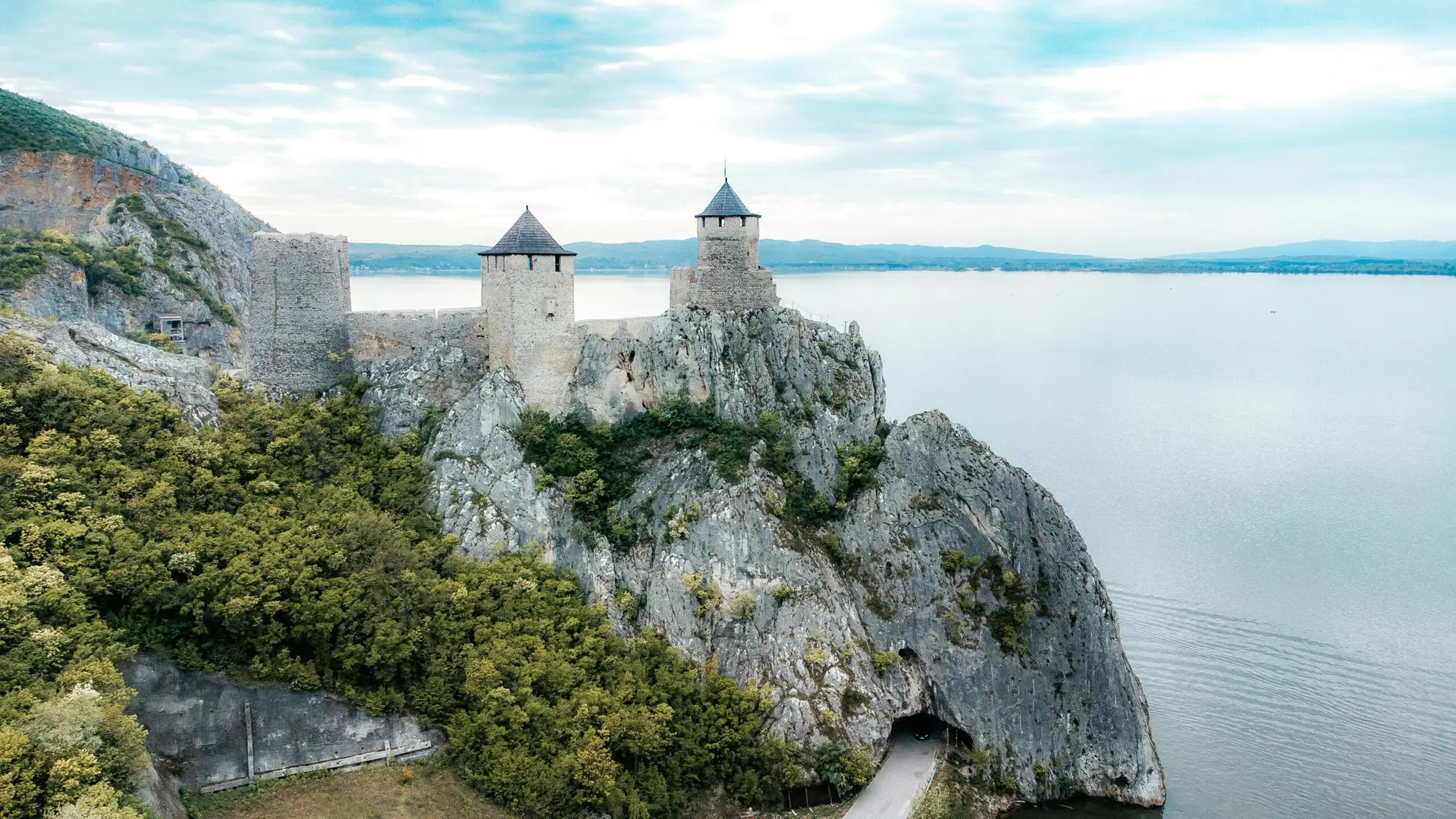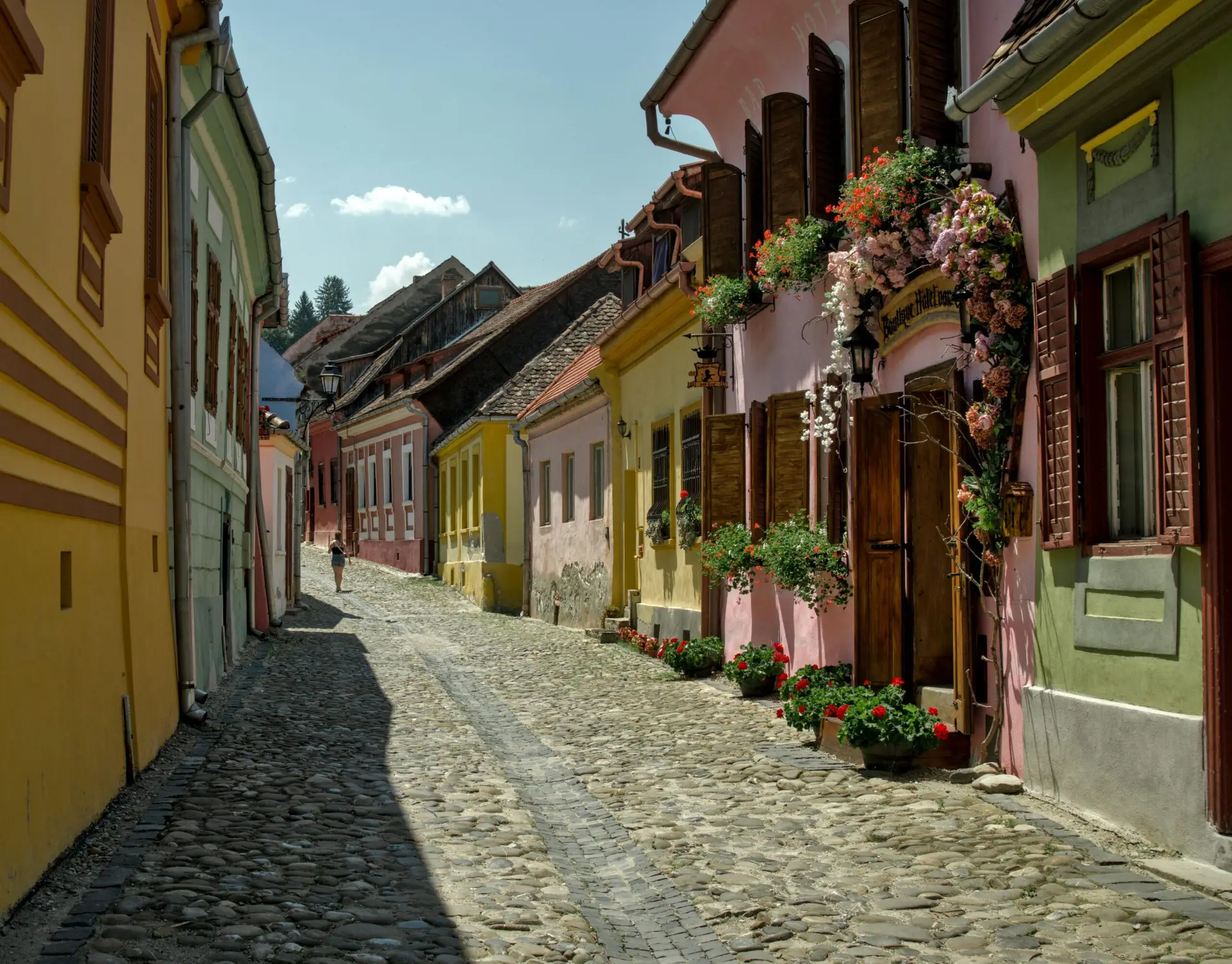Understanding Romanian traditions and holidays is crucial for business owners outsourcing to Romania as it fosters cultural awareness, strengthens employee relations, and optimizes operations. Recognizing key holidays like Orthodox Easter or Christmas, which are deeply rooted in Romanian culture, demonstrates respect for local traditions and builds trust with employees. Acknowledging these celebrations enhances morale and loyalty while fostering a collaborative work environment. Additionally, planning around Romania’s 15 public holidays ensures smoother workflows by avoiding disruptions, ultimately improving efficiency and alignment with local schedules.
Aligning business operations with Romanian holidays can significantly boost productivity and morale among outsourced teams by showing respect for local traditions and allowing employees to observe important cultural celebrations.
Outsourcing to Romania brings numerous benefits to businesses, including hiring high-quality talent while reducing costs. Go Carpathian can help you build an elite international team in Eastern Europe. Interested in knowing more? Schedule a Discovery call with a recruiting specialist.
In this article, we will explain the importance of Romanian holidays and traditions for business owners. We will also list all the important holidays in Romania and share practical tips for aligning business operations with holidays in Romania.
Why Romanian Holidays Matter for Business Owners
Outsourcing to Romania offers cost-effective talent and skilled professionals, but to make the most of this partnership, understanding the country’s holidays and traditions is key. Here’s why it matters:
- Cultural Connection: For Romanians, holidays like Orthodox Easter or Great Union Day aren’t just days off—they’re celebrations of faith, family, and national identity. Learning about these events shows respect for your employees’ or contractors’ lives beyond work. This effort fosters trust and turns a purely business relationship into one rooted in mutual understanding.
- Work Schedule Alignment: Many Romanian holidays, such as Christmas (December 25–26) or Unification Day (January 24), are public, meaning offices close and staff take time off. Without this knowledge, you might schedule a critical project update on Easter Monday, only to face delays. Planning around these dates keeps your operations running smoothly.
- Employee Engagement: A small gesture—like sending a “Hristos a înviat” greeting for Easter or acknowledging Children’s Day—can boost morale. When Romanian team members feel their traditions are valued, they’re more satisfied and loyal, strengthening your workforce in the long run.
Major Romanian Holidays and Traditions
Romania’s holidays and traditions offer a vibrant glimpse into its cultural soul, blending Orthodox Christian heritage with national pride. From the solemn joy of Easter to the patriotic fervor of Great Union Day, these celebrations shape the rhythm of life—and work—for Romanians. For business owners outsourcing to Romania, understanding these key dates is more than a cultural courtesy; it’s a practical necessity.
Below, we explore the most significant holidays:
New Year’s Day (January 1–2)
- Tradition: Celebrated with feasts, fireworks, and family gatherings; January 2 extends the festivities.
- Business Impact: A two-day holiday means a slow start to the year—plan for reduced availability in early January.
Epiphany and St. John the Baptist Day (January 6–7)
- Tradition: Orthodox Christian celebrations with church services, water blessings, and name-day festivities for those named John/Ioana.
- Business Impact: Limited public holiday status, but some employees may take time for religious observances.
Unification Day (January 24)
- Tradition: Commemorates the 1859 unification of Wallachia and Moldavia, marked with patriotic events.
- Business Impact: A public holiday—expect closures and a focus on national pride.
Orthodox Easter (Date Varies, Typically April/May)
- Tradition: The most significant religious holiday, featuring painted eggs, lamb dishes, and family gatherings; includes Good Friday, Easter Sunday, and Easter Monday.
- Business Impact: A multi-day holiday—critical to plan around, as it’s a major time off for Romanians.
Children’s Day (June 1)
- Tradition: A joyful celebration with events for kids, emphasizing family time.
- Business Impact: Public holiday—employees with families may prioritize this day.
Whit Sunday/Pentecost (50 Days After Easter)
- Tradition: Celebrates the descent of the Holy Spirit with church services.
- Business Impact: A public holiday, often paired with Whit Monday—anticipate a long weekend.
Great Union Day (December 1)
- Tradition: Romania’s National Day, marking the 1918 unification with Transylvania, celebrated with parades and patriotic events.
- Business Impact: A major public holiday—plan for nationwide closures.
Christmas (December 25–26)
- Tradition: A blend of religious services (midnight mass on Christmas Eve) and festive meals (cozonac, sarmale); December 26 extends the celebration.
- Business Impact: Two-day public holiday—expect minimal work activity during this period.
Holiday | Date | Tradition | Business Impact |
New Year’s Day | January 1–2 | Feasts, fireworks, family gatherings | Two-day holiday; slow start to the year |
Epiphany & St. John’s Day | January 6–7 | Church services, water blessings, name-day | Limited holiday; some may take time off |
Unification Day | January 24 | Patriotic events for 1859 unification | Public holiday; expect closures |
Orthodox Easter | Varies (April/May) | Painted eggs, lamb, family (Good Fri–Mon) | Multi-day holiday; major time off |
Children’s Day | June 1 | Kid-focused events, family time | Public holiday; family priority for some |
Whit Sunday/Pentecost | 50 Days After Easter | Church services for Holy Spirit descent | Public holiday + Whit Monday; long weekend |
Great Union Day | December 1 | National Day, parades for 1918 unification | Major public holiday; nationwide closures |
Christmas | December 25–26 | Midnight mass, festive meals (cozonac, sarmale) | Two-day holiday; minimal work activity |
Additional Cultural Traditions to Understand
Beyond Romania’s public holidays, traditions like Mărțișor (March 1), Dragobete (February 24), and St. Andrew’s Day (November 30) enrich the cultural tapestry and offer business owners a chance to connect with their Romanian teams. Mărțișor welcomes spring with red-and-white tokens symbolizing renewal, while Dragobete, Romania’s day of love, celebrates romance with a local twist. St. Andrew’s Day honors the nation’s patron saint with quiet reverence.
Though not official holidays, these customs resonate deeply, and acknowledging them—perhaps with a greeting or small gesture—can strengthen relationships, boost morale, and show respect for the personal lives of employees and contractors, enhancing your cultural alignment without disrupting work schedules.
Holiday | Date | Tradition | Business Impact |
Mărțișor | March 1 | Spring tradition, exchanging red-and-white tokens. Sign of seasonal optimism. | Not a public holiday, but widely celebrated and can influence employee morale. |
Dragobete | February 24 | Romania’s traditional day of love. | Less impactful on work, but a cultural nuance to appreciate. |
St. Andrew’s Day | November 30 | Honors Romania’s patron saint. | Not always a public holiday, but significant for Orthodox Christians. Can influence employee morale. |
Practical Tips for Aligning Business Operations
To align business operations with Romania’s holiday calendar and culture, proactive planning and small gestures can go a long way.
Start by mapping out 2025 holidays—like New Year’s (January 1–2), Orthodox Easter (variable), and Christmas (December 25–26)—to anticipate closures and set realistic deadlines. Build flexibility into schedules for religious observances, such as Epiphany or Pentecost, even if they’re not always public holidays. Communicate with your Romanian team ahead of time to clarify availability and expectations. Finally, enhance engagement by sending holiday greetings—like “Hristos a înviat” for Easter or “La mulți ani” for New Year’s—showing respect that fosters collaboration, keeps projects on track, and strengthens your partnership.
Planning & Actions | Details |
Calendar Planning | Provide a 2025 Romanian holiday calendar (e.g., New Year’s: Jan 1–2, Easter: varies, Great Union Day: Dec 1, Christmas: Dec 25–26) to anticipate closures. |
Flexibility | Allow for religious observances (e.g., Easter, Epiphany) even if not official holidays, as they’re deeply personal for many Romanians. |
Communication | Discuss holiday schedules with Romanian teams in advance to set expectations and deadlines. |
Cultural Gestures | Send holiday greetings (e.g., “Hristos a înviat” for Easter, “La mulți ani” for New Year’s) to show appreciation. |
Benefits of Embracing Romanian Culture
Understanding and appreciating Romanian culture can be a significant competitive advantage for businesses looking to outsource work to Romania. By investing time in cultural understanding, companies can build stronger, more productive relationships with Romanian professionals and create a more harmonious working environment.
1. Building Strong Personal Connections
Romanian business culture places a high value on personal relationships. Unlike many Western business environments that prioritize strictly professional interactions, Romanians appreciate genuine connections and trust-building. Taking the time to understand local customs, engage in personal conversations, and show genuine interest in Romanian traditions can:
- Foster deeper professional relationships
- Increase team loyalty and commitment
- Improve communication and collaboration
- Reduce misunderstandings and potential conflicts
2. Appreciating Work Ethic and Professionalism
Romania has a robust educational system, particularly in technical fields like IT, engineering, and mathematics. By embracing the local culture, business owners can better appreciate:
- The strong work ethic of Romanian professionals
- High levels of technical expertise and continuous learning
- Respect for deadlines and project commitments
- A problem-solving approach that combines creativity and analytical thinking
3. Leveraging Cultural Holidays and Traditions
Understanding Romanian holidays and traditions can help businesses plan project timelines more effectively and show respect by acknowledging important cultural celebrations. This way, business owners can create more inclusive and supportive work environments with international teams, which demonstrates cultural sensitivity and a global mindset.
4. Communication and Negotiation Advantages
Romanian communication style is typically direct yet diplomatic. By understanding cultural nuances, business owners can improve negotiation strategies and interpret communication more accurately. This helps business owners avoid potential misunderstandings with their global hires and build trust through cultural awareness.
5. Enhancing Team Motivation and Engagement
When Romanian team members feel their culture is respected and valued, they are more likely to show higher levels of job satisfaction and demonstrate increased productivity. Enhanced team motivation helps global hires feel a stronger connection to the project and company and provides more innovative solutions and insights related to work.
6. Long-Term Business Success
Investing in cultural understanding is not just about immediate benefits. It creates a foundation for sustainable, long-term business relationships. It also helps business owners with potential expansion opportunities in the Romanian market. Finally, it helps business owners build a positive reputation as a culturally intelligent organization. This is especially beneficial for attracting top talent through demonstrated cultural respect.
Interested in Tapping Into the Romanian Talent Market?
Romania’s holidays and traditions, from the solemn painted eggs of Orthodox Easter to the flag-waving pride of Great Union Day, weave a rich tapestry of the nation’s deep-rooted Orthodox Christian heritage and fierce national identity. These celebrations, whether marking religious milestones like Pentecost or historic unifications on January 24 and December 1, offer business owners outsourcing to Romania a vital window into its culture. Understanding these events reveals not just when Romanians pause work but why they cherish family, faith, and history, enabling employers to align operations and build meaningful connections with their teams.
Go Carpathian is a professional international recruitment agency that can help you find the best, pre-vetted candidates in the Romanian market. Interested in knowing more?
Schedule a Discovery call with a recruiting specialist.






